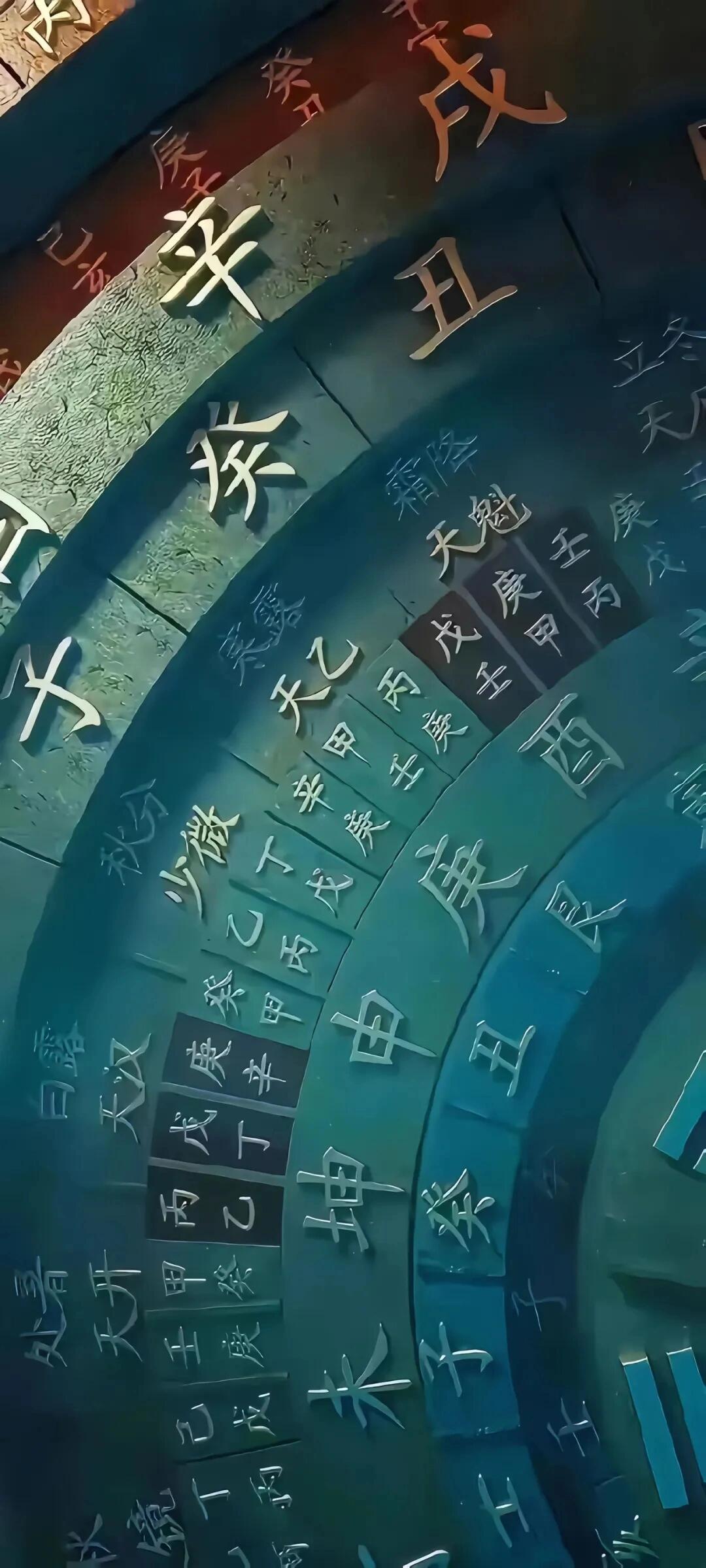In the bustling and noisy world, there is a merchant who is extremely successful in the business field. With his keen business acumen and resolute decisions, he has built a huge business empire. Wealth pours in on him like a tide. He owns luxurious mansions, expensive jewels, and extravagant cars. His life is extremely luxurious. However, under this seemingly glamorous appearance, he is increasingly feeling tired and empty. Although he has enormous wealth and can buy anything he wants at will, he does not have true happiness. Every night, when he lies alone in that spacious and deserted bedroom, a kind of indescribable loneliness always pervades his heart. He begins to question his own life. What exactly has this wealth brought him? Endless busyness, heavy pressure, or that inner peace that is becoming more and more difficult to touch? One day, the wheel of fate quietly turns. The merchant meets a Taoist wise man by chance. The wise man is dressed in a simple robe, and his eyes reveal a profound tranquility. Looking at the merchant's tired and confused eyes, the wise man slowly says, "Extremes lead to reversal. Excessive pursuit of wealth will lead to the loss of inner peace." This sentence is like a flash of lightning, instantly illuminating the dark corner of the merchant's heart. The merchant begins to reflect on his life. He recalls that he once stayed up for several days in a row for a business deal, ignoring the care and company of his family. He remembers that in order to pursue more wealth, he competed with competitors by any means, forgetting the value of kindness and integrity. He realizes that he has gone too far on the road of pursuing wealth and has lost his way. Taoism emphasizes conforming to nature, not deliberately pursuing, and not being overly greedy. The merchant decides to follow the wisdom of Taoism and make changes. First, he reduces his business busyness. No longer like in the past, he is exhausted for every business opportunity. He learns to let go and entrusts some affairs to trusted subordinates while taking more time to accompany his family. He accompanies his wife to stroll in the garden, feeling the gentle breeze and admiring the beauty of the flowers. He plays, reads, and shares the little joys in life with his children. In these ordinary and warm moments, the merchant feels a long-lost happiness. He discovers that happiness does not lie in how much wealth one has, but in the deep emotional connection with family. At the same time, the merchant also decides to use part of his wealth for charity. He deeply understands that what Taoism advocates is "benefiting all things without contending," and he realizes that giving brings more inner satisfaction than taking. He begins to fund schools in poor areas to provide better educational conditions for children. He donates medical equipment to help those seriously ill people get timely treatment. He also sets up a charitable foundation to provide help and support to those in need. With his changes, the merchant finds that his heart becomes more fulfilled and happy. He is no longer bound by the shackles of wealth but has found a way of life that truly belongs to him. He understands that true happiness does not come from the accumulation of material things but from inner peace and kindness. The concept of "governing by doing nothing" in Taoism does not mean doing nothing at all. Instead, it means not deliberately forcing pursuit but conforming to the laws of the development of things. After experiencing the ups and downs of life, the merchant finally comprehends this profound truth. He is no longer confused by external materials but feels the beauty of life with his heart and warms the hearts of others with kindness. In this materialistic society, we are often tempted by wealth and power and forget our true inner needs. We desperately pursue material enjoyment but ignore spiritual nourishment. The story of the merchant tells us that we should learn to draw strength from the wisdom of Taoism and maintain inner peace and kindness. When we no longer overly pursue wealth and materials, we can truly enjoy the beauty of life. We can be like the merchant, spending more time with our families, sharing happiness with friends, and caring for those in need. We can face every challenge in life with a grateful heart and pass on warmth and hope with a kind love. Let us all be like this merchant and make the right choice under the guidance of Taoist thought. Let us put down greed and desire and pursue inner peace and kindness. Believe that with the company of Taoist wisdom, our lives will be more wonderful and meaningful.



